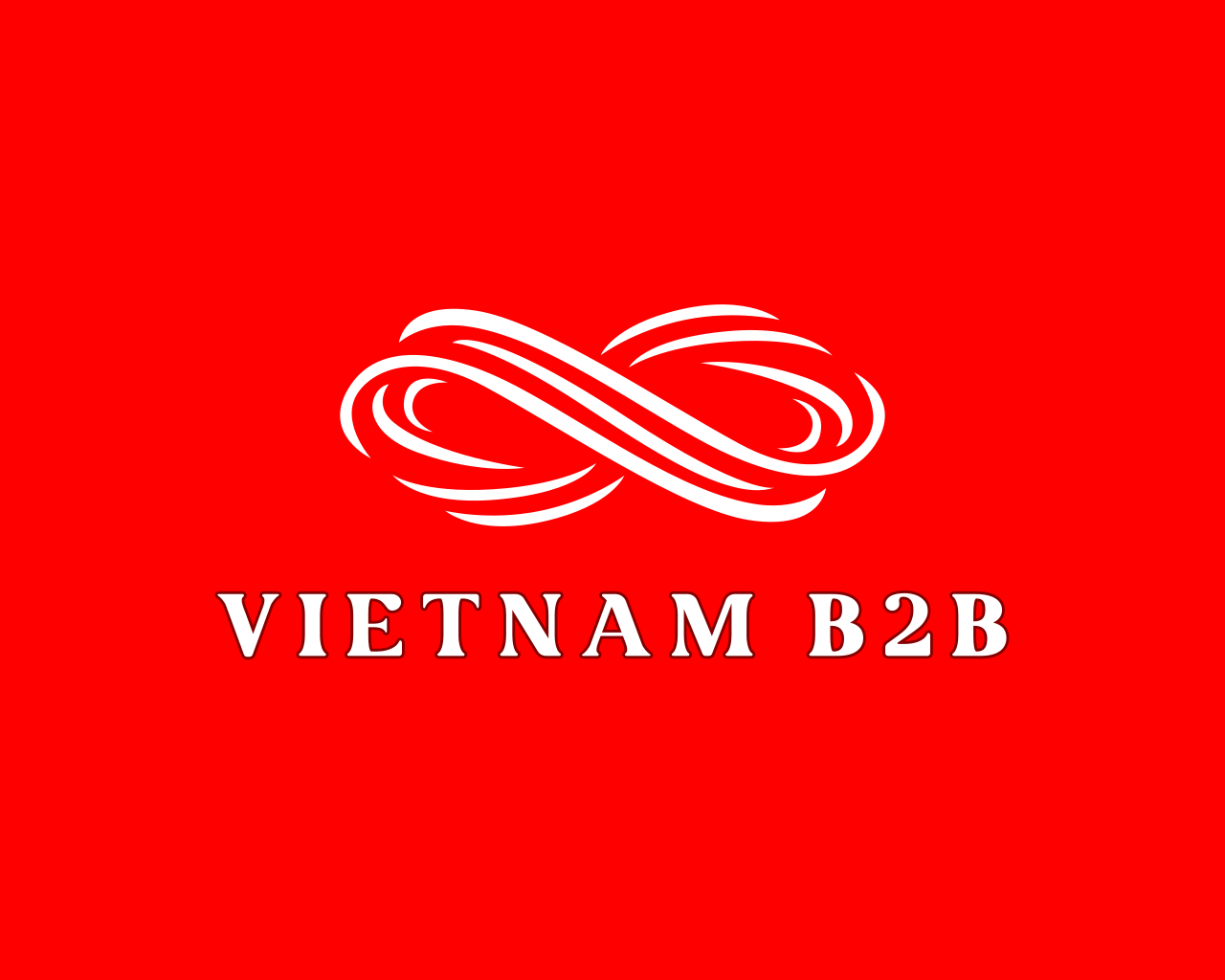Vietnam’s legislative body is poised to endorse an additional tax for multinational corporations on Wednesday, elevating the effective corporate levy rate to 15% starting January, aligning with a global consensus.
Initially, Vietnam had intended to bundle the tax approval with measures to partially compensate major foreign investors impacted by the higher levy, including tech giants like Samsung Electronics Co Ltd and Intel Corp. However, the separate resolution is conspicuously absent from the parliamentary agenda.
The absence of this resolution underscores the contentious nature of the new tax, as it may diminish Vietnam’s attractiveness to foreign companies unless accompanied by corresponding subsidies. Initially, the parliament had ruled out a vote during its current session, which is the last of the year.
It remains uncertain whether additional incentives for specific foreign investors could be introduced in this session through separate legislation without the need for a dedicated resolution. Regardless, the parliament might consider adopting the incentives resolution in a subsequent session.
As per the new regulations advocated by the Organisation for Economic Cooperation and Development (OECD), companies paying less than 15% in a low-tax jurisdiction will be subject to an additional levy in that jurisdiction or their home country from the coming year.
Although Vietnam’s corporate income tax is currently set at 20%, the country has historically offered effective rates as low as 5% and extended zero-tax periods to attract significant foreign investment.
With the introduction of the new top-up tax, 122 foreign companies are anticipated to face a substantial increase in their tax liabilities in Vietnam. A government document estimates the additional revenue for the state at VND14.6 trillion ($601.05 million) annually.
